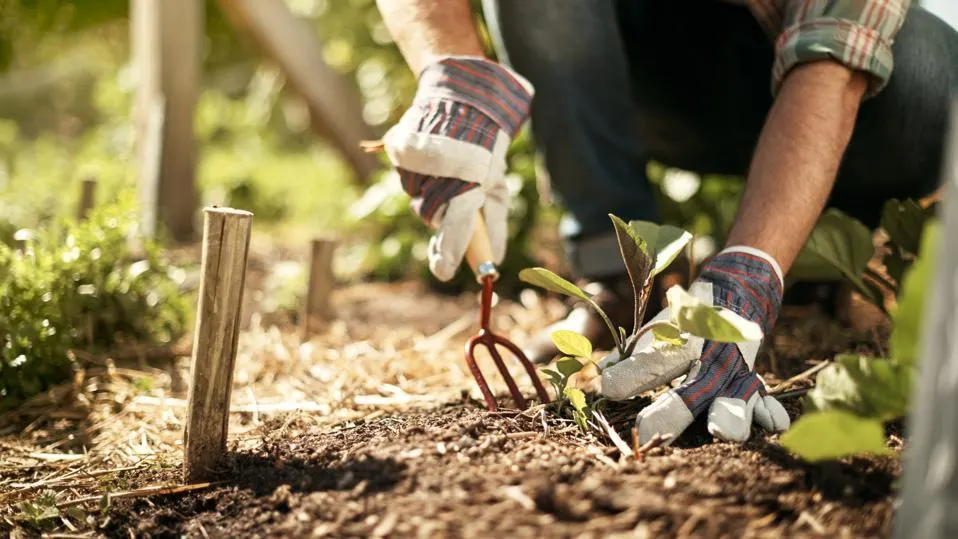Whether you have a small patch of land or just a few pots on your balcony, growing your own vegetables can be a hugely rewarding experience.
It can also help save money and reduce your carbon footprint! By reducing your need for chemical fertilizers and pest control, you can improve the health of the environment.
1. Freshness
Fresh fruit and vegetables picked from your garden are always at their peak, and they have more nutrients than store-bought fruits and veggies. The reason is that produce that is sold in stores typically spends days traveling from the farm to the grocery store.
There are several things you can do to ensure that your fruits and vegetables are as fresh as possible when they make it to your table. These include growing them in season and using fresh-cut herbs instead of store-bought bottled ones.
To get started, decide what you’d like to grow. Then choose a spot in your yard or garden that has full sun and plenty of space to grow.
Next, choose veggies that are easy to grow and require little maintenance. These include plants that will yield quickly, such as radishes and lettuces. Also consider heirloom varieties, which are less susceptible to pests and diseases.
2. Variety
There are thousands of varieties of fruits, vegetables and herbs to choose from. Pick the best for your needs based on your climate, space and tastes.
For instance, if you live in an area that has a short growing season, you’ll want to consider veggies that mature before the first frost. Also, look for plants that resist plant diseases common to your region.
The right combination of compost, manure and natural fertilizers will improve your soil and encourage a bountiful crop. You can achieve this by tilling in late fall, a practice that will make your spring planting easier and more effective.
The true test of a good garden is its ability to produce a bountiful harvest. You’ll want to plan a strategy that incorporates all the important ingredients, from crop rotation to insect control.
3. Reduced Waste
One of the most significant benefits of growing your own vegetables is that it reduces food waste. When fruits and vegetables are bought, they often end up in the fridge or cupboard for a long time before being eaten, which can result in excess food being wasted.
Vegetables can be grown from kitchen scraps, meaning you will not need to buy anything new. You can even compost your garden waste, creating a nutrient-rich product that will improve soils and help grow the next generation of crops.
Another way that growing your own vegetables reduces food waste is by avoiding plastic packaging. This is because most fruit and vegetable produce doesn’t need to be packaged for transport, meaning there is no need to use packaging that uses plastic to keep it fresh.
This reduces the amount of plastic used and the pollution it creates, as well as the energy needed to transport it from farm to supermarket. It also means that more fresh, local, healthy food is available for everyone to enjoy.
4. Healthier
Eating fruits and vegetables that are fresh from the garden is a great way to boost your health. Compared to store-bought foods, fresh produce has more nutrients and offers more antioxidants.
Vegetable gardening also increases your exposure to the sun, which helps increase your body’s production of vitamin D. This is important for a number of reasons, including maintaining bone and heart health and keeping your immune system functioning at its best.
A healthy diet is a balanced mix of fruits, vegetables, whole grains and protein-rich dairy. These foods are an essential part of any healthy diet and provide a range of nutrients to your body, from vitamins and minerals to fiber and phytochemicals.
When it comes to choosing which fruits and vegetables to grow, it’s important to choose crops that are easy to care for and ready for harvest in a short period of time. This is especially true of heirloom varieties that tend to have longer yields and fewer pest problems.





